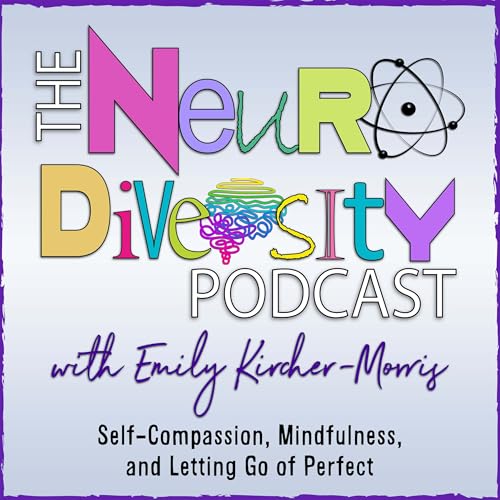Episode 300! For decades, the standard response to challenging behavior has been simple: reward the good, punish the bad. But what if non-compliance isn't a sign of disrespect, but a signal of distress? Why do traditional behavioral frameworks like PBIS often miss the mark for neurodivergent students? And how can adults shift from being enforcers to problem-solving partners? Today, Emily Kircher-Morris talks with Dr. Ross Greene, author of The Explosive Child and the upcoming book The Kids Who Aren't Okay, and the originator of the Collaborative and Proactive Solutions (CPS) model, about the critical difference between modifying behavior and solving the problems that cause it.
Dr. Ross W. Greene is a clinical psychologist and the originator of Collaborative & Proactive Solutions (CPS), an innovative, evidence-based approach for supporting kids with concerning behaviors. He is the author of several influential books, including The Explosive Child, Lost at School, Lost & Found, Raising Human Beings, and his forthcoming title, The Kids Who Aren't Okay: The Urgent Case for Reimagining Support, Belonging, and Hope in Schools. He also developed and executive produced the award-winning 2018 documentary The Kids We Lose.
Dr. Greene is the founding director of the nonprofit Lives in the Balance and previously served on the faculty at Harvard Medical School for over 20 years. He is currently an adjunct professor at Virginia Tech and the University of Technology Sydney. His CPS model has been implemented in schools, inpatient units, and juvenile facilities across the globe, significantly reducing the use of punitive discipline and promoting connection, collaboration, and long-term success for kids.
BACKGROUND READING
Dr. Greene's website
For information about the variety of courses for teachers, parents, and mental health professionals through the Neurodiversity University, check the info page on our website.
The Neurodiversity Podcast is on Facebook, Instagram, BlueSky, and you're invited to join our Facebook Group. For more information go to www.NeurodiversityPodcast.com.
If you'd like members of your organization, school district, or company to know more about the subjects discussed on our podcast, Emily Kircher-Morris provides keynote addresses, workshops, and training sessions worldwide, in-person or virtually. You can choose from a list of established presentations, or work with Emily to develop a custom talk to fit your unique situation. To learn more, visit our website.
 33 mins
33 mins 4 mins
4 mins 36 mins
36 mins 35 mins
35 mins 37 mins
37 mins 41 mins
41 mins 39 mins
39 mins 44 mins
44 mins
